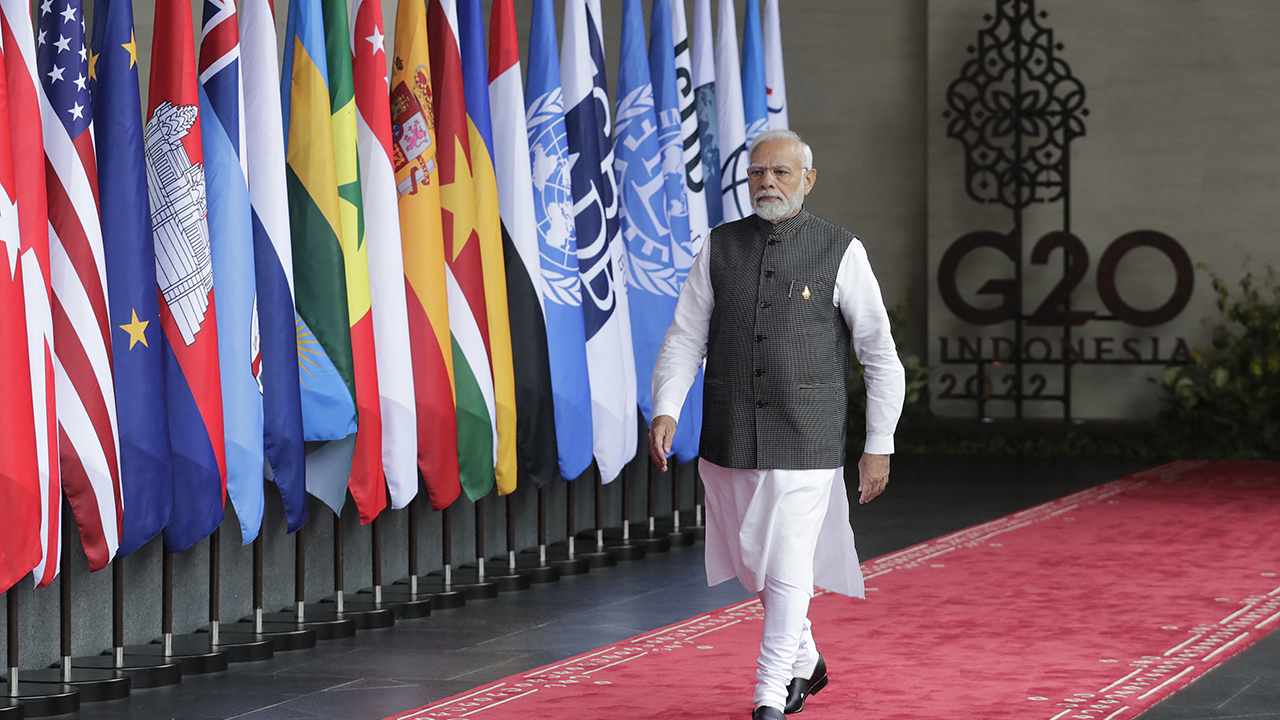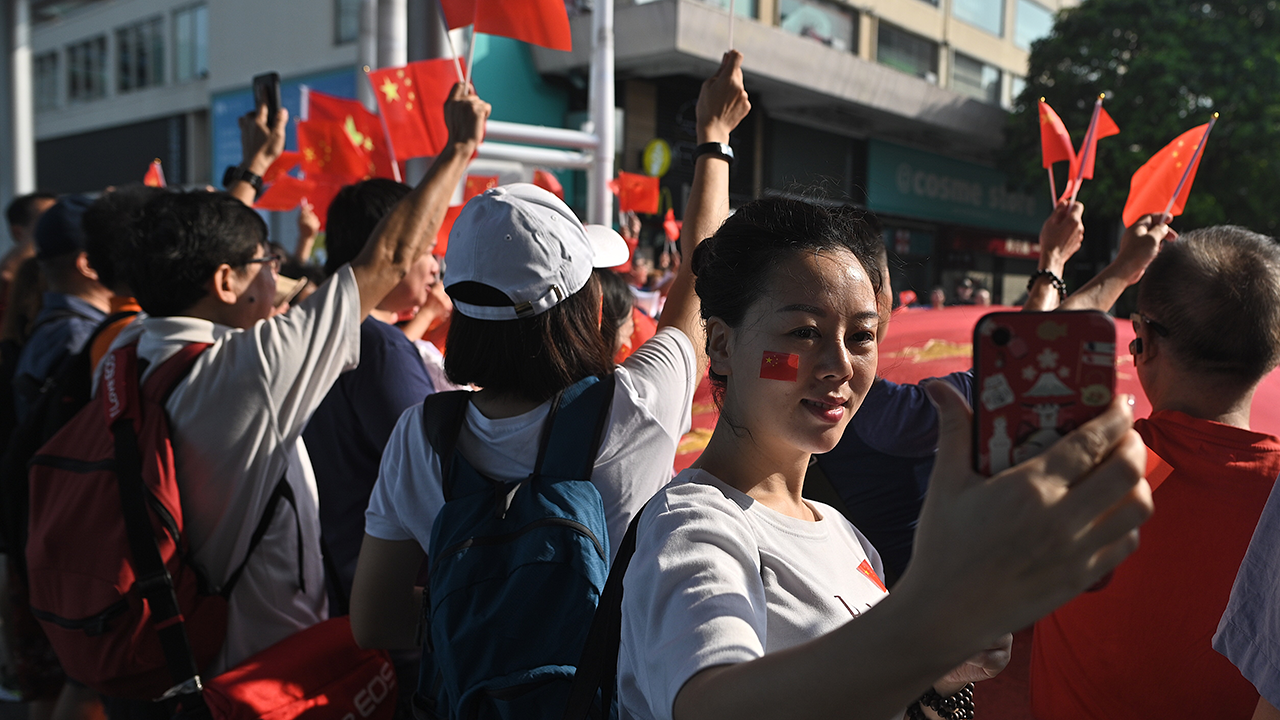
6 facts about public opinion in Nigeria before election day
Nigerians head to the polls this weekend for a long-delayed presidential election. Here's what they had to say about the state of their country when we surveyed them in the spring of 2014.
Nigerians head to the polls this weekend for a long-delayed presidential election. Here's what they had to say about the state of their country when we surveyed them in the spring of 2014.
Polish animosity for Russia surged in our spring 2014 survey, with 81% saying they had an unfavorable view.
As more people around the world gain access to all the tools of the digital age, the internet will play a greater role in everyday life. And so far, people in emerging and developing nations say that the increasing use of the internet has been a good influence in the realms of education, personal relationships and the economy.
Polls show an American public that is deeply skeptical of an agreement and shows little trust in Iran's leadership.
The future belongs to the young. This is especially evident in parts of Asia. How young Asians see the world, their own futures and those of their countries often differs from the attitudes of their elders. Their differing views may go a long way toward determining their fate, that of their nations and of Asia.
Survey Report The public has a more positive than negative view of Israeli Prime Minister Benjamin Netanyahu ahead of his address to a joint session of Congress next week. About four-in-ten (38%) have a favorable opinion of the Israeli leader, compared with 27% who hold an unfavorable view. Roughly a third (35%) express no opinion […]
Survey Report The public has grown more supportive of the U.S. fight against ISIS, as about twice as many approve (63%) as disapprove (30%) of the military campaign against the Islamic militant group in Iraq and Syria. Last October, 57% approved and 33% disapproved. The possibility of sending U.S. ground troops to the region is […]
Survey Report As fighting continues in eastern Ukraine between government forces and Russian-backed rebels, the public has become more supportive of sending arms to the Ukrainian government and increasing sanctions on Russia. More still oppose (53%) than favor (41%) the U.S. sending arms and military supplies to the Ukrainian government, but support for arming Ukraine […]
About half of young Europeans ages 18 to 33 have a positive view of China, but that view is tempered by their opinions about that country's human rights record.
People in emerging and developing countries around the world are on balance unhappy with the way their political systems are working.
Across 12 countries, a median of 40% of adults say they have no confidence in Indian Prime Minister Narendra Modi to do the right thing regarding world affairs. About eight-in-ten Indians have a favorable view of Modi.
Majorities in most countries say China does not take into account the interests of other countries in its foreign policy, and China does not contribute to global peace and stability.
Across 24 countries, large shares have an unfavorable view of Russia and no confidence in Putin to do the right thing regarding world affairs.
Overwhelmingly, people believe the U.S. interferes in the affairs of other countries, but most also believe the U.S. contributes to peace and stability around the world. U.S. President Joe Biden receives mostly positive reviews.









